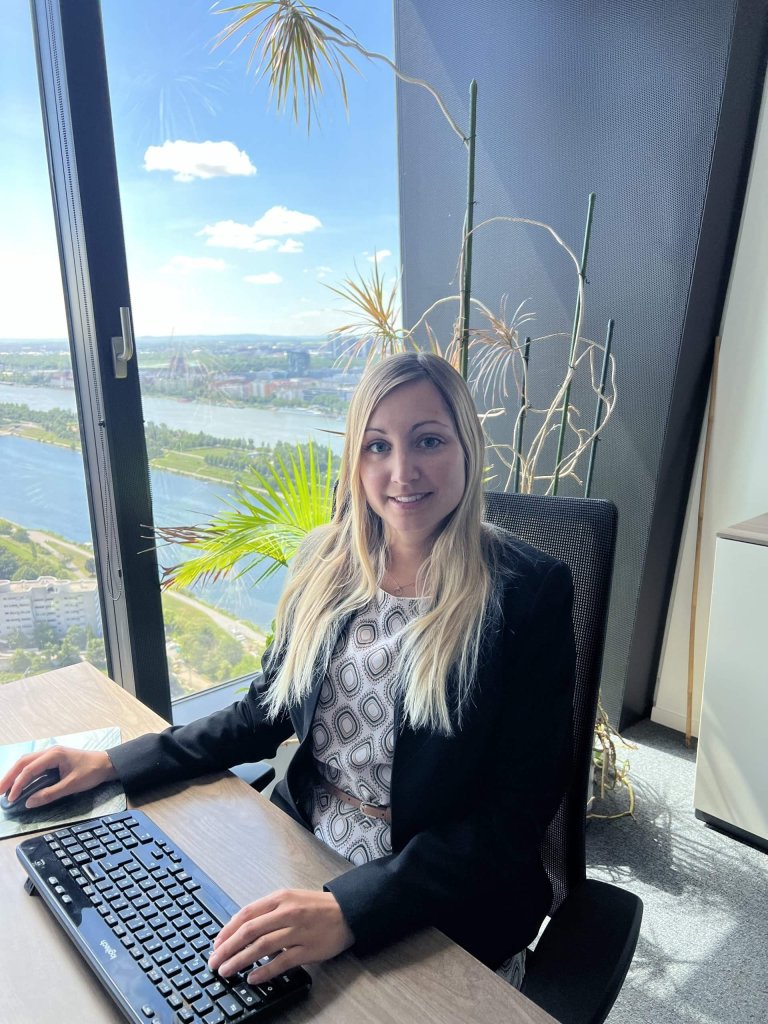Bettina Schmied talking about her work in Regional Controlling at voestalpine
Bettina Schmied talks about her work in Regional Controlling at voestalpine. Specific highlights include the importance of automation and artificial intelligence in her work. She emphasizes the importance of connecting different tools and systems, the relevance of intercultural competence in an international environment and how a positive failure culture leads to better results.
How do you envision the future of work in finance, especially with regard to automation and AI?
Many different tools and systems are currently used in the finance department at voestalpine. The challenge for the future will be to connect these tools in a meaningful way. This way, they will not only be used in parallel, but will also interconnect and complement each other.
The areas of reporting and budgeting in particular offer great potential for automation. At the moment, a lot of work is still done with Excel. Companies without large ERP systems such as SAP are particularly reliant on time-consuming manual workarounds. The basis for the future must therefore be a standardized SAP system across the group. If reports or dashboards with graphics can then be displayed directly in the corresponding tools instead of being edited in Excel, this significantly increases efficiency and adds value for the management.
The more we analyze existing processes, the better we can find potential applications for the use of artificial intelligence. In the near future, AI will be particularly relevant for budgeting and forecasting in order to create more accurate forecasts. At the moment, AI is also being used in other areas in our controlling department. For example, in the automated translation of local documents via DeepL.
What importance do you give to intercultural competence in global controlling?
In finance, many tasks and methods are predefined by the group and are similar for all companies and countries. Nevertheless, there are different economic and technical challenges in every country, especially outside Europe. From an Austrian point of view, working situations characterized by social disturbances, daily power cuts or hyperinflation are difficult to comprehend. It is therefore particularly important in intercultural exchange to take local circumstances into account. We strive to have an open mindset and to treat each other with respect. The cultural background also strongly influences the approach to problem solving, so that individual support is necessary. In my opinion, transparent and clear communication is the most important factor in successful intercultural cooperation.


How has a mistake or miscalculation made you a better controller?
Dealing constructively with mistakes is crucial for a positive failure culture. Mistakes often have a valuable learning effect and are important in order to be able to question and analyze problems more precisely in the future.
A good example of an open failure culture in our Regional Controlling department is the creation of business cases for investments. Every additional business case brings new experiences, especially when technical knowledge is required. Support from other departments is often helpful here. If the problem is communicated openly, mistakes can be seen as an opportunity to learn from them and develop further. For example, a best practice for this type of business case is then created, which can be used for future investments.
What specific challenges do you face as a woman in your position in finance and how do you tackle them at voestalpine?
Although the proportion of women in the Group and among managers is very low, we have many female finance managers in our region. Personally, I don’t see myself confronted with gender-specific challenges. In the financial area, I see more challenges for young parents resulting from the strict deadlines of the financial year. Work-intensive times such as annual reporting or budgeting often clash with the need for flexibility that parents usually have. In terms of female empowerment, I see the new training program specifically tailored to women as very positive, such as the training on negotiation skills. The newsletter on female empowerment and Women’s Day are also important for raising awareness of the topic among employees. Although voestalpine is only at the beginning of its journey here, it is an excellent approach that should certainly be pursued further. In addition, more gender-specific programs for networking and joint exchange would be beneficial.
